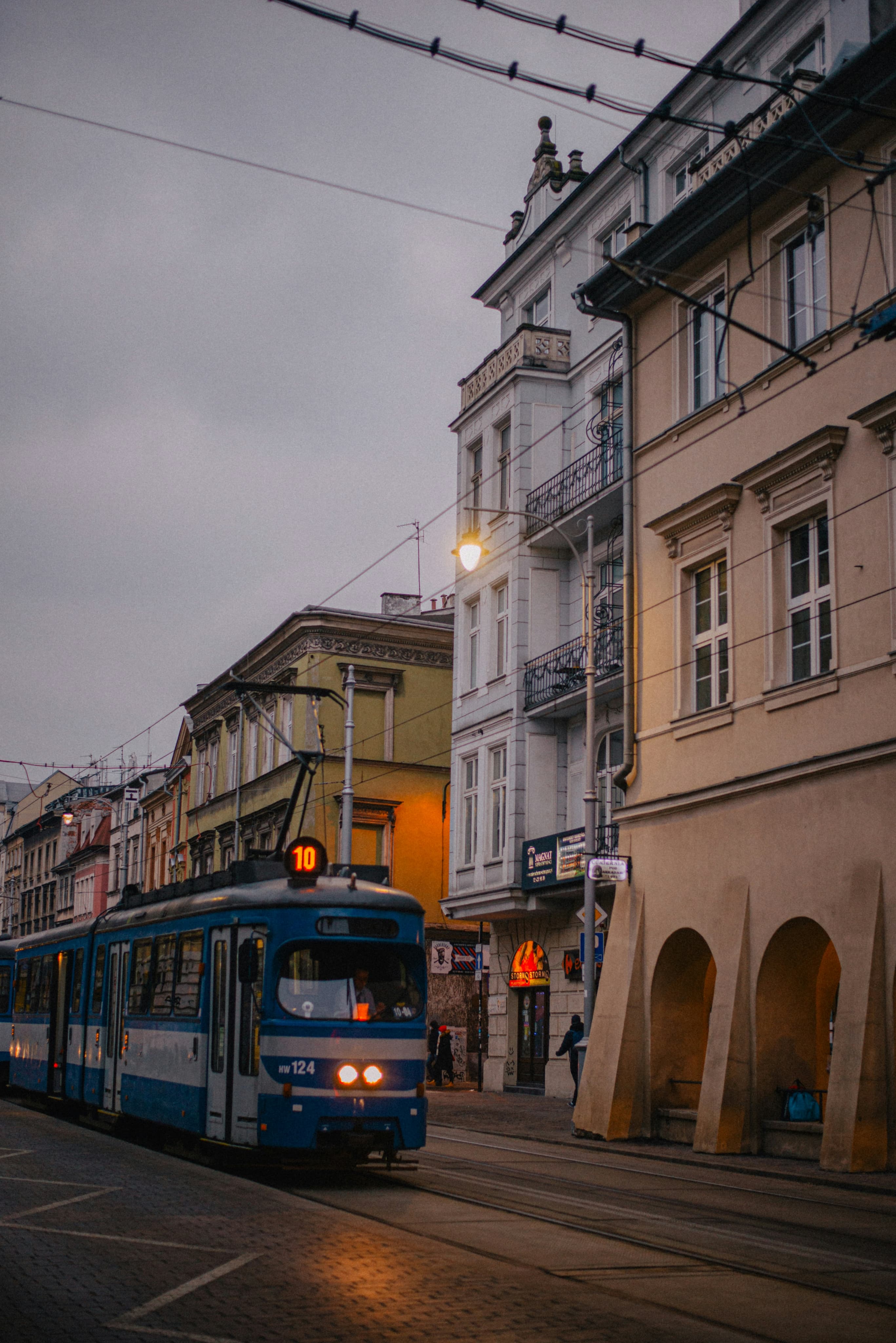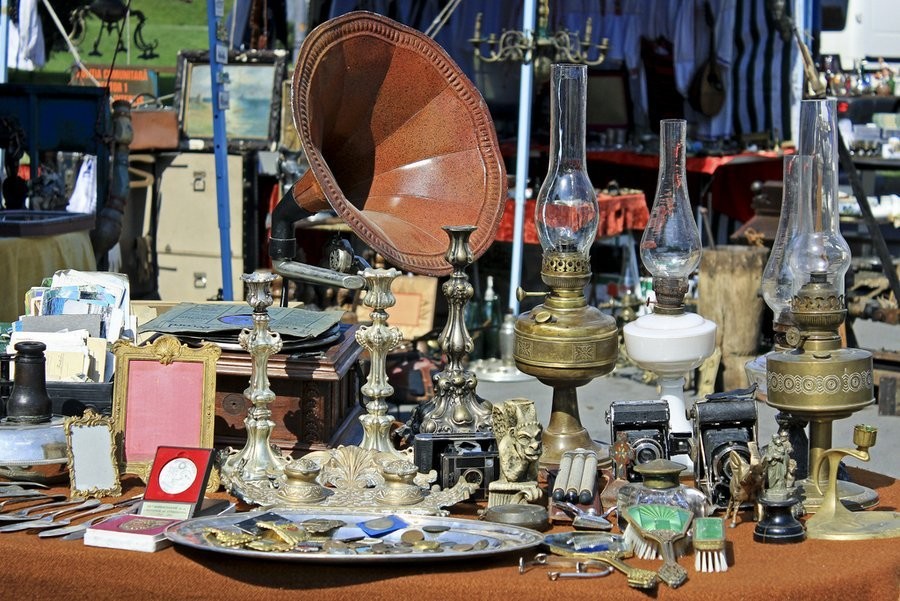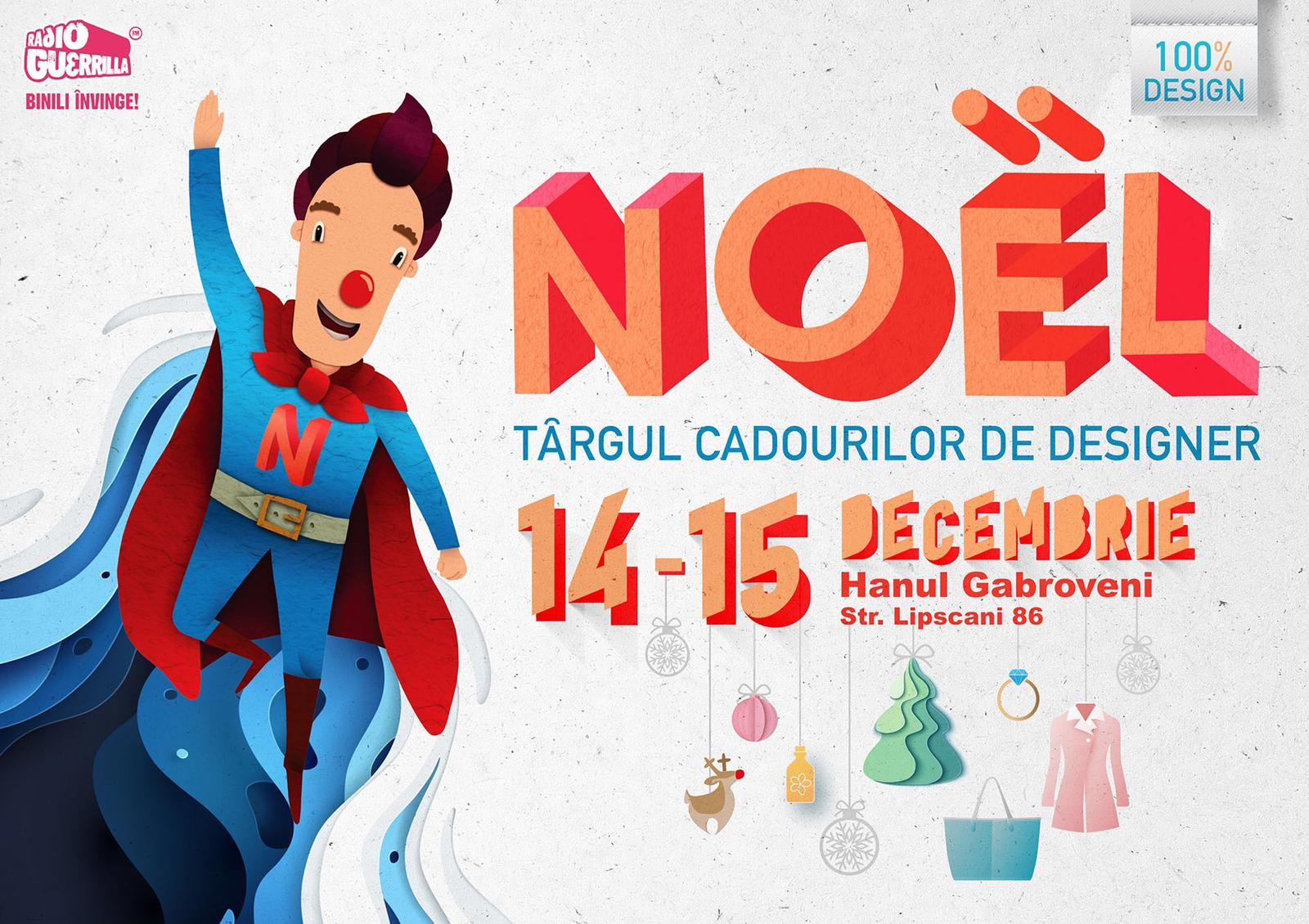At the end of World War II, a semblance of democracy was preserved in Romania by the occupying Soviet Union until the summer of 1947, when the pre-war political parties, who had been harassed and persecuted since 1945, were all banned, and its leaders imprisoned at the notorious prison at Sigheţul Marmaţiei, in the north of Romania. King Michael was given an ultimatum in December 1947: exile or arrest. He chose exile, and abdicated on December 30.
Though Petru Groza was de jure Prime Minister until 1953, real power rested in the hands of Gheorghe Gheorghiu-Dej, General Secretary of the Romanian Workers (Communist) Party. Dej was the leader of a group of communists who had stayed in Romania during the war, and which by the late 1940s had defeated another group, led by Ana Pauker, who had spent the war in Moscow.
Life for most people under Dej was tough: the need to pour resources into industrialization meant that the production of consumer goods was neglected, and there were perennial shortages. The rights of workers were non-existent, and conditions in factories were generally awful. In the countryside collectivization of agriculture had reduced most farmers to a status little better than slaves, though in some remote parts of the country (including parts of the Apuseni and Maramureş) opposition to collectivization had been so strong that local party cadres simply gave up trying to implement it.
Dej died in 1965, just two months before the Ninth Congress of the Romanian Communist Party. The keynote address of the congress was delivered by the relatively youthful (he was 47) Nicolae Ceauşescu, who, to the astonishment of his audience, denounced the abuses of the Dej years. Most delegates left the congress full of hope for a more liberal and open society.
Initially their hopes were fulfilled. American films were again shown in cinemas, foreign books translated and foreign plays staged. Russian disappeared from the school curriculum, replaced with French. In 1968 Ceausescu pulled off a political masterstroke by memorably condemning the Soviet invasion of Czechoslovakia.
In the early 1970s Romania began borrowing heavily in order to boost industrilaization. Yet these loans were taken at a time when country was already heavily in debt, and its capacity to repay had been based on overly-optimistic export projections. By 1981 the country’s external debt reached $10.2 billion. In 1967 it had been just $3.6 billion. Yet astonishingly, in December 1982 Ceausescu announced that Romania would repay its entire foreign debt by 1990, in order to preserve the country’s independence. To achieve this goal, however, meant exporting almost everything produced in Romania, resulting in a sharp drop in living standards.
At the beginning of 1983 rationing was introduced in some provinces for flour, bread, sugar and milk. By the end of that year only the capital was free of rationing. Other restrictions were placed on the consumption of petrol, electricity (there were constant power outages throughout the 1980s) and gas. From 1986 onwards many homes went unheated in winter.
By 1989 Romania was a failed country. Schools closed early in winter for a lack of heating, nobody worked as people spent all day queuing for basic foodstuffs, and a rampant black market saw speculators and corrupt officials make small fortunes. Yet even as late as November 1989, when the Communist Party held its four-yearly congress, electing Ceauşescu as president for another four-year term, there was no sign that the regime was in any trouble. When the end came, it came very quickly indeed.
Though Petru Groza was de jure Prime Minister until 1953, real power rested in the hands of Gheorghe Gheorghiu-Dej, General Secretary of the Romanian Workers (Communist) Party. Dej was the leader of a group of communists who had stayed in Romania during the war, and which by the late 1940s had defeated another group, led by Ana Pauker, who had spent the war in Moscow.
Life for most people under Dej was tough: the need to pour resources into industrialization meant that the production of consumer goods was neglected, and there were perennial shortages. The rights of workers were non-existent, and conditions in factories were generally awful. In the countryside collectivization of agriculture had reduced most farmers to a status little better than slaves, though in some remote parts of the country (including parts of the Apuseni and Maramureş) opposition to collectivization had been so strong that local party cadres simply gave up trying to implement it.
Dej died in 1965, just two months before the Ninth Congress of the Romanian Communist Party. The keynote address of the congress was delivered by the relatively youthful (he was 47) Nicolae Ceauşescu, who, to the astonishment of his audience, denounced the abuses of the Dej years. Most delegates left the congress full of hope for a more liberal and open society.
Initially their hopes were fulfilled. American films were again shown in cinemas, foreign books translated and foreign plays staged. Russian disappeared from the school curriculum, replaced with French. In 1968 Ceausescu pulled off a political masterstroke by memorably condemning the Soviet invasion of Czechoslovakia.
In the early 1970s Romania began borrowing heavily in order to boost industrilaization. Yet these loans were taken at a time when country was already heavily in debt, and its capacity to repay had been based on overly-optimistic export projections. By 1981 the country’s external debt reached $10.2 billion. In 1967 it had been just $3.6 billion. Yet astonishingly, in December 1982 Ceausescu announced that Romania would repay its entire foreign debt by 1990, in order to preserve the country’s independence. To achieve this goal, however, meant exporting almost everything produced in Romania, resulting in a sharp drop in living standards.
At the beginning of 1983 rationing was introduced in some provinces for flour, bread, sugar and milk. By the end of that year only the capital was free of rationing. Other restrictions were placed on the consumption of petrol, electricity (there were constant power outages throughout the 1980s) and gas. From 1986 onwards many homes went unheated in winter.
By 1989 Romania was a failed country. Schools closed early in winter for a lack of heating, nobody worked as people spent all day queuing for basic foodstuffs, and a rampant black market saw speculators and corrupt officials make small fortunes. Yet even as late as November 1989, when the Communist Party held its four-yearly congress, electing Ceauşescu as president for another four-year term, there was no sign that the regime was in any trouble. When the end came, it came very quickly indeed.






